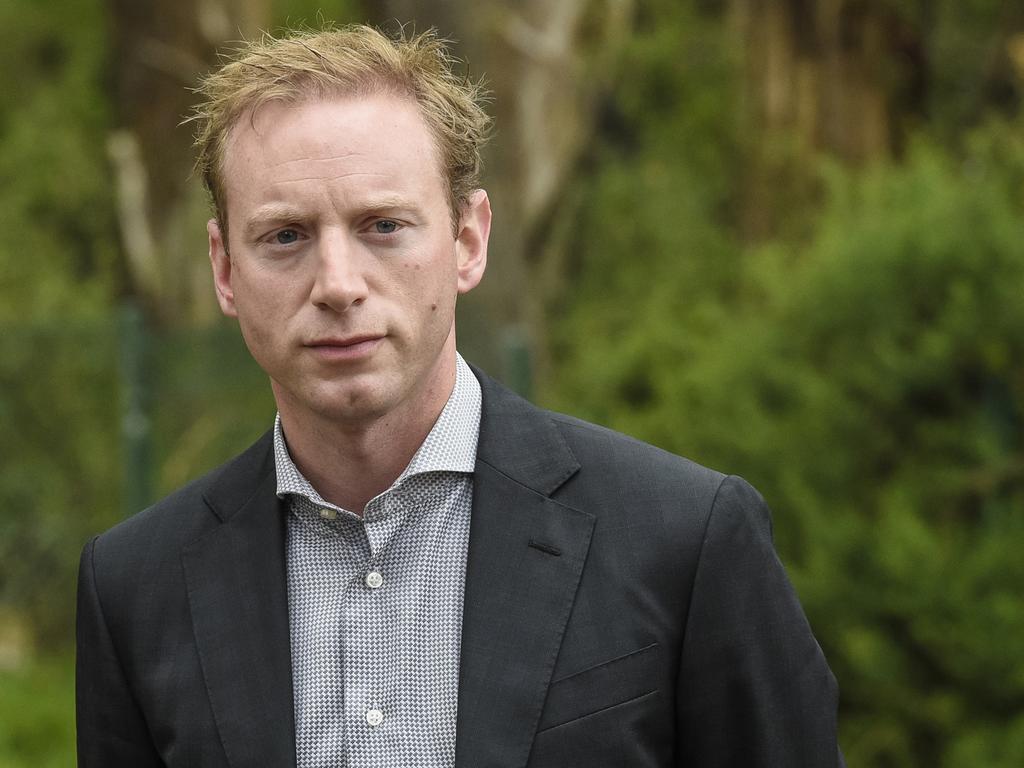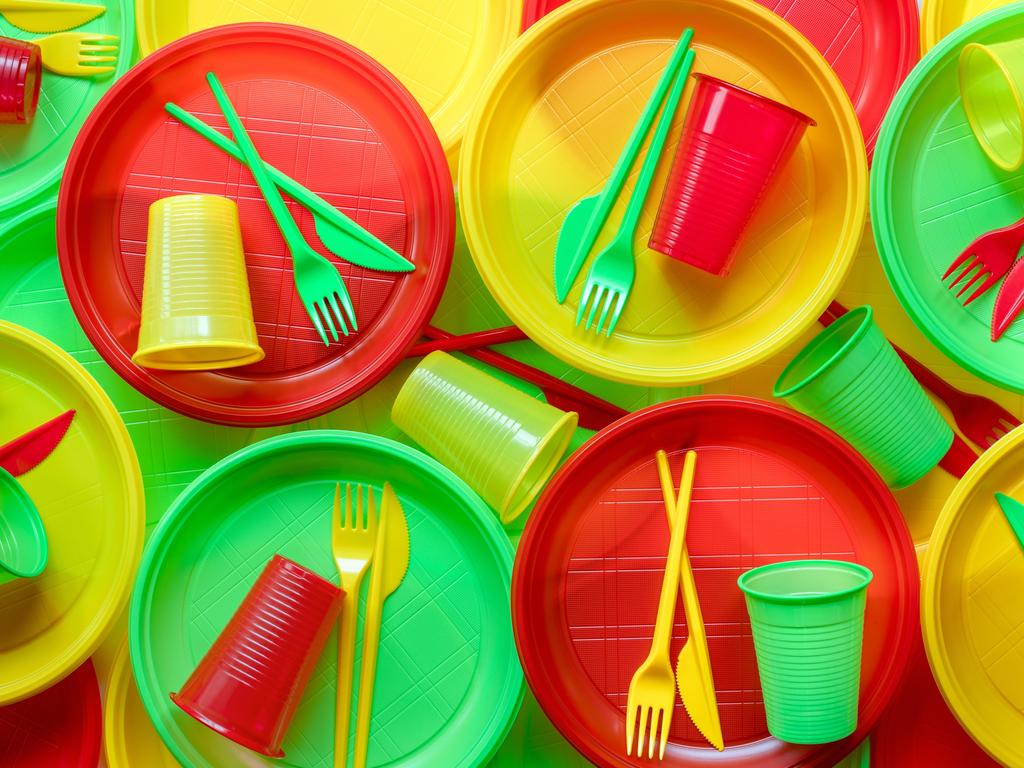Why you’ll pay for plastics ban
Bans on single-use plastics kick off in SA today with other states and territories set to follow – but food retailers warn there will be a cost.
Environment
Don't miss out on the headlines from Environment. Followed categories will be added to My News.
A ban on single-use plastics rolling out across South Australia today is expected to be adopted by other states and territories but will ultimately lead to price increases for consumers, the National Retailers Association has warned.
From today, plastic straws, stirrers and cutlery are banned for sale, supply or distribution in SA, while a wider range of items, including polystyrene cups, bowls, plates and “clamshell” takeaway containers will be banned from March 2022.
Venues will still be able to provide plastic straws upon request to customers who require them because of health needs or disability issues.
Legislation for similar schemes is expected to be debated and passed in the Queensland and ACT parliaments within the next few weeks.
Ebony Johnson from the National Retailers Association said the sector was supportive of moves to phase out single-use plastic items, but alternatives were often much more expensive for businesses.
“Consumers might see some price increases this year and in coming years,” Ms Johnson said. “Alternatives like bamboo and wood and cardboard are usually about five to 10 times the price (of plastics) for retailers. They do need to pass (the cost) on eventually.”
Ms Johnson said retailers wanted state governments to work together as many businesses had outlets in multiple states and territories.
“More national consistency would be a huge benefit to consumers and businesses because at the moment it’s looking like each of these bans is going to be slightly different, and that just makes it confusing for everyone and more costly,” she said.

South Australian Environment Minister David Speirs told News Corp Australia he was “confident the vast majority of South Australian businesses are ready to do the right thing, and in fact many have moved across already.”
“We’ve got a model law here in SA which could be copied by other states quite easily. We’ve set up the laws in such a way that through regulation we can add other items to the ban, as the consumer demands or as the market leads,” he said.
Mr Spiers said his government would soon release a discussion paper looking at other items that could be banned – including plastic coffee cup lids and the little soy sauce fish sold with sushi. “Everyone raises those,” he said.
Queensland’s ban on single-use plastic straws, stirrers, cutlery and plates is expected to commence on September 1. A survey of 20,000 Queenslanders last year found 94 per cent support for such a ban, and the Palaszczuk Government is now looking at adding polystyrene food containers and cups to the list.

Environment Minister Lily D’Ambrosio announced on Saturday that plastic straws, cutlery, plates, drink stirrers, cotton bud sticks and polystyrene food and drink containers would be phased out over the next two years, and banned in 2023.
In New South Wales a 2020 discussion paper proposing a ban on single-use plastics elicited 16,000 submissions. A Department of Planning, Industry and Environment spokesperson said the government was “working through the extensive feedback” and would likely release its Plastics Action Plan in coming months.
Last week McDonald’s revealed it had depleted its stockpile of plastic straws, after previously going through 512 million of the items every year.
“We need to cut plastic waste and it is important that more companies step up to the challenge,” Federal Environment Minister Sussan Ley said.
“Some items we can simply do without, others can be replaced by more sustainable alternatives and that’s what McDonald’s is doing in this case.”
A 2020 report card on Australia’s waste systems found less than 50 per cent of plastic put into the market was being recovered.
Originally published as Why you’ll pay for plastics ban









